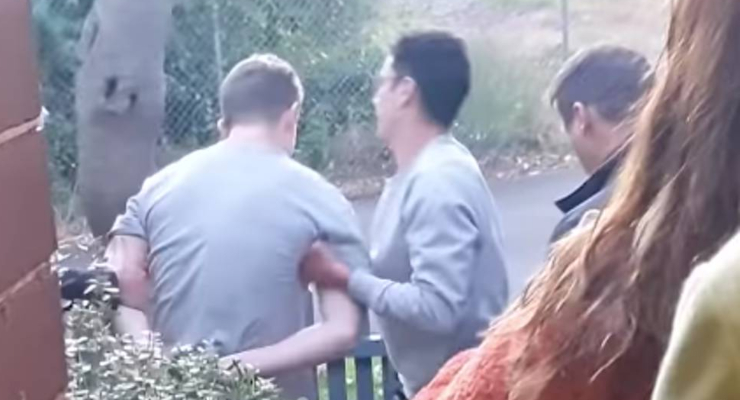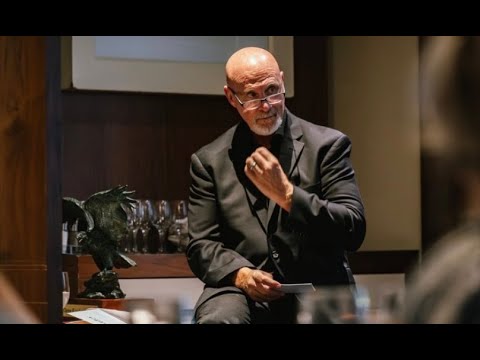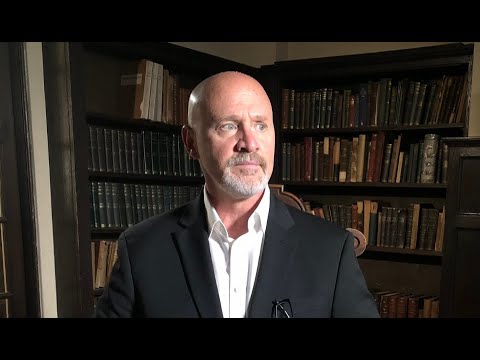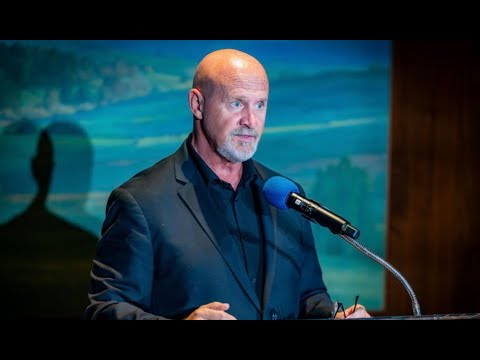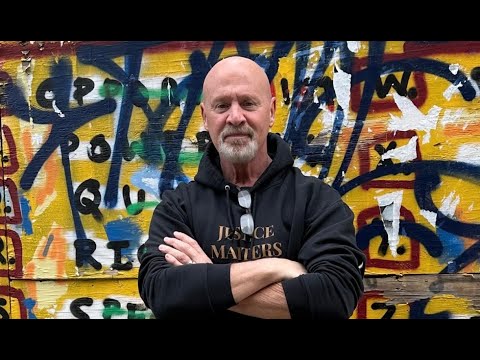In 2017, the NSW Police Force created a special section, the Fixated Persons Investigations Unit (FPIU). Its remit, as advertised, was to plug a growing and scary gap in policing: lone-wolf violent (or potentially violent) offenders who have been showing signs of dangerous extremism but fall short of the threshold for terrorism.
The target market, we were told, were the (mostly) men we traditionally refer to as “crazies”. Individuals who have become obsessed with a single mad idea, a group in society or another person, and who are at risk of turning that obsession into acts of violence. An example might have been the man whose actions were part of the reason for the unit’s creation: Man Haron Monis, the Lindt cafe gunman.
Two years after its formation, the FPIU had reportedly completed more than 100 investigations, charged 40 people and seized 31 firearms. It was, we were told, working well and achieving its purpose. Mostly below the public radar, manning the wall that enables us to sleep.
No argument with that, provided the unit operates within the law and does not fall into one of the two obviously tempting traps that lie always open when law enforcement expands its traditional reach. The first trap is that of taking on extrajudicial function — judge, jury and executioner. The second is that of being co-opted by government for political purposes.
Sadly, the FPIU has just fallen headfirst into trap number two, thanks to some presumably lax internal governance by the NSW Police but also (and mostly) due to the extraordinary arrogance of the NSW Deputy Premier John Barilaro.
Jordan Shanks, aka Friendlyjordies, the YouTube citizen journalist and professional provocateur, is plenty controversial and has some questionable attitudes. However, he is a legitimate and effective participant in what passes for our free press. His main thing is holding power to account, which he does with passion, some acerbic humour and pretty deep research.
One of his big targets has been Barilaro, who he’s been going after for some time. Barilaro is now suing him for defamation, claiming he’s been unfairly labelled as corrupt. That’s just de rigueur for Coalition politicians these days, it’d be disappointing if he wasn’t suing.
Things went crazy earlier this week when Shanks’ producer, Kristo Langker, age 21, was arrested at his home by NSW Police officers and charged with two counts of stalking Barilaro.
The stalking charges — technically, “stalk or intimidate intending to cause fear of physical or mental harm” — relate to two recent incidents. The first happened at Macquarie University, where Barilaro was attending an event. Shanks had been there, making a lot of noise about why Barilaro is suing him, then left. Allegedly, Langker remained, continuing to shout at Barilaro while physically trying to get close to him.
The second incident was, according to Langker, a coincidence. He happened upon Barilaro in the city, and approached him, again asking why the lawsuit. Barilaro got in his car and drove off. That one was all captured on video by Langker himself.
As to whether Langker’s actions were stalking or an exercise of his constitutionally protected freedom of political communication, Chaser-style, that we can leave to the local court.
The real point of interest is the fact that the police who turned up at Langker’s home, arrested him and carted him off to spend a night in the cells before being granted bail, were plain-clothes members of the FPIU driving an unmarked car.
What is it about Langker’s actions that could, on any basis, bring him within the definition of a “fixated person”? If anyone is “fixated” on John Barilaro, it’s Shanks, albeit only in the sense that he clearly thinks Barilaro is a fair target for vituperative criticism and allegations of wrongdoing in the execution of his office of high public trust. You know, free press.
As for Langker, assuming he has committed an act of stalking in the criminal sense (OK, it’s a stretch), it’s difficult to see even then how that adds up to anything that would have justified more than a summons to appear before a magistrate, like they used to do to the Chaser boys when they annoyed John Howard a little too much.
It didn’t, we can safely agree, call for a paramilitary response. It didn’t call for the kind of police operation we are assured is reserved for actually dangerous predators who present a clear and present danger to the public. It didn’t call for the kind of thing we occasionally remind ourselves is what they used to do in Chile, or currently do in the Philippines.
Dragging people off the street into unmarked vehicles is what they do in, well, China. But of course, that’s not us.
But it is.
Did NSW Police go too far? Send your thoughts to [email protected]. Please include your full name to be considered for publication in Crikey’s Your Say section.

I subscribe to Crikey because I believe in a free, open and independent media where news and opinions can be published that I can both agree with and be challenged by.
As a Crikey subscriber I always feel more informed and able to think more critically about issues and current affairs – even when they don’t always reflect my own political viewpoint or lived experience.
Jess
Singapore
Join us and save up to 50%
Subscribe before June 30 and choose what you pay for a year of Crikey. Save up to 50% or, chip in extra and get one of our limited edition Crikey merch packs.

